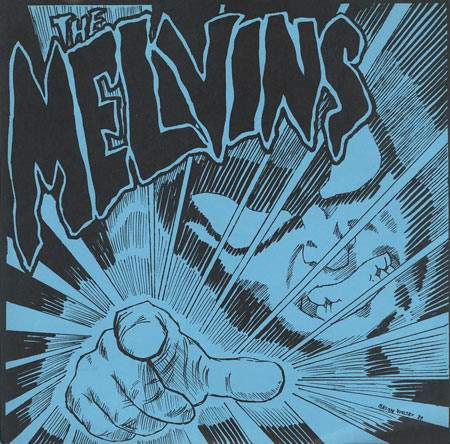While reading Gabriel Rockhill’s exposé on Slavoj Zizek what stood out to me a lot was the brief mention of postmodern philosopher Jacques Derrida being involved in “anti-communist political activism against the government in Czechoslovakia”.
While I’ve always known that Postmodernism is an enemy of Marxism, this makes it sound like postmodern philosophers are also feds. The source Rockhill cites for Derrida’s anti-communist praxis is the 1999 book The Velvet Philosophers by Barbara Day. Has anyone read this book? What specifically is said about the topic in it?


can you provide an example of postmodernist tendencies that are coherent with marxism? my understanding is that they are diametrically opposed. the claim that not all postmodernists are the same is often used by postmodernists to distance themselves from other postmodernists who are openly unsavory. and, there will always be differences between sects of a branch of philosophy, but this doesn’t mean they don’t come from the same branch. it’s just differentiating what the branch, or underlying similarity, is.
Anti communism can be explained with post structuralist and postmodern language. The communist, in conjunction with orientalist visions and bourgeoisie fears, is rendered a simulation that both replaces the communist with a bourgeoisie construction in a way that then even seeps into the heart of the actual communist and can cause an identity crisis which changes the quality of the communist. Thus we have the western marxist anti communist, a creation of liberal simulation of communism, a product of power and language, a refined weapon against class struggle.
I was thinking mainly in art, that’s why I said postmodernism is an umbrella term that can mean many different things depending on who’s saying it. I think the idea of deconstruction and new ways to analyze works can be adapted by Marxist thought. As another example I find Foucault’s readings on power interesting, and while it obviously has its flaws they should not be discarded completely. I guess my main point was that if you look at postmodernism in its mainly philosophical/sociological standpoint you will find it is in opposition to Marxist thought, but that this does not mean there are not valuable things to be learned from it, and that a full rejection of it is not something we should aspire to. This is usually the stance adopted by rightists who see postmodernism as the rejection of tradition, and while the reason to disagree with this are different for fascists and communists, there are still things that can be useful, in my opinion.